Kyung-Wha Chung, Wiener Philharmoniker, Sir Simon Rattle - Beethoven: Symphony no.5 in C minor / Brahms: Violin Concerto in D (2001)
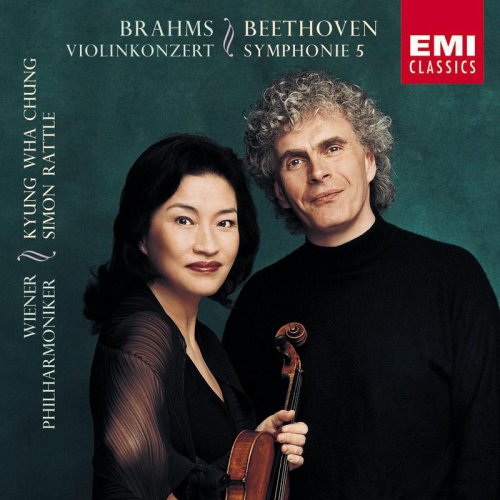
Artist: Kyung-Wha Chung, Wiener Philharmoniker, Sir Simon Rattle
Title: Beethoven: Symphony no.5 in C minor / Brahms: Violin Concerto in D
Year Of Release: 2001
Label: EMI Classics
Genre: Classical
Quality: FLAC (tracks)
Total Time: 01:13:14
Total Size: 349 Mb
WebSite: Album Preview
Tracklist: Title: Beethoven: Symphony no.5 in C minor / Brahms: Violin Concerto in D
Year Of Release: 2001
Label: EMI Classics
Genre: Classical
Quality: FLAC (tracks)
Total Time: 01:13:14
Total Size: 349 Mb
WebSite: Album Preview
Ludwig van Beethoven ? Symphony No. 5 In C Minor, Op. 67 (31:43)
1 – Ⅰ: Allegro Con Brio 7:21
2 – Ⅱ: Andante Con Moto 9:04
3 – Ⅲ: Allegro 4:50
4 – Ⅳ: Allegro – Presto 10:27
Johannes Brahms / Violin Concerto In D, Op. 77 (41:22)
5 – Ⅰ: Allegro Non Troppo 23:29
6 – Ⅱ: Adagio 9:18
7 – Ⅲ: Allegro Giocoso, Ma Non Troppo Vivace 8:34
Performers:
Kyung-Wha Chung, violin
Wiener Philharmoniker
Sir Simon Rattle, conductor
Toscanini has been called the exact interpreter of what's written in the notes, Furtwängler the discoverer of what's written between the lines. Simon Rattle attempts to combine both: strict adherence to the score with an unfettered emotional response to the music. In the Fifth Symphony, guided by the latest scholarship, he uses Beethoven's own scoring rather than later emendations, which produces unusual transparency as well as some surprises. For example, since Beethoven' hand-horn could not negotiate key changes fast enough, he gave the exposition's horn solo to the bassoon in the recapitulation; today's conductors let the modern valve-horn play both passages. Rattle goes back to the bassoon, which, though authentic, sounds so puny that one feels sure Beethoven would have approved the change.
The first movement is very fast and stormy, the second strict and inflexible, the third unyielding in rhythm but full of swells; the Finale begins with a crash. This live recording displays all the qualities of the orchestra, as well as its amazing adaptability to the idiosyncrasies of Rattle's style: the unbridled impetuosity, all-out passion, extreme tempi, and dynamic contrasts that alternate between inaudible and ear-splitting and result in some rough, almost raucous playing. In the Brahms, too, excess prevails. Chung is a wonderful violinist with a brilliant technique and a beautiful, austere, radiant tone. Her playing is inherently noble and flexible, with lots of character and expression. In this performance, however, she exaggerates changes of tempo and dynamics; the chords are scratchy, the liberties not spontaneous enough. But the lyrical passages are lovely, the Finale is a real dance, and the interplay between soloist and orchestra is splendid. -- Edith Eisler
The first movement is very fast and stormy, the second strict and inflexible, the third unyielding in rhythm but full of swells; the Finale begins with a crash. This live recording displays all the qualities of the orchestra, as well as its amazing adaptability to the idiosyncrasies of Rattle's style: the unbridled impetuosity, all-out passion, extreme tempi, and dynamic contrasts that alternate between inaudible and ear-splitting and result in some rough, almost raucous playing. In the Brahms, too, excess prevails. Chung is a wonderful violinist with a brilliant technique and a beautiful, austere, radiant tone. Her playing is inherently noble and flexible, with lots of character and expression. In this performance, however, she exaggerates changes of tempo and dynamics; the chords are scratchy, the liberties not spontaneous enough. But the lyrical passages are lovely, the Finale is a real dance, and the interplay between soloist and orchestra is splendid. -- Edith Eisler
DOWNLOAD FROM ISRA.CLOUD
Kyung-Wha Chung Beethoven Symphony no 5 Brahms Violin Concerto 01 1503.rar - 349.2 MB
Kyung-Wha Chung Beethoven Symphony no 5 Brahms Violin Concerto 01 1503.rar - 349.2 MB
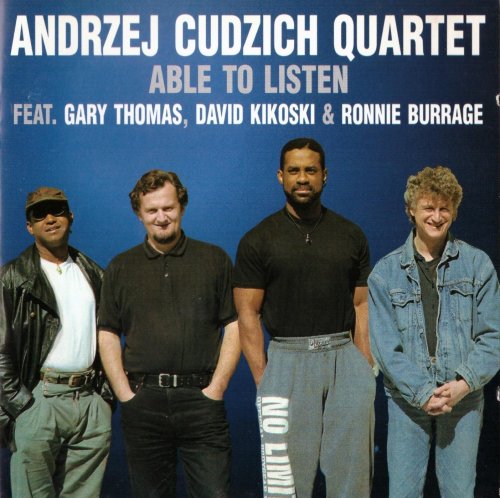
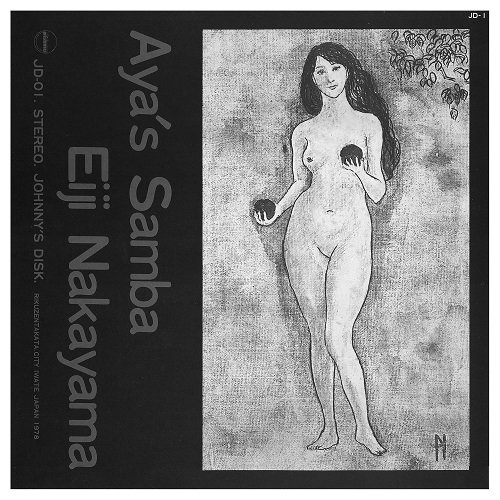
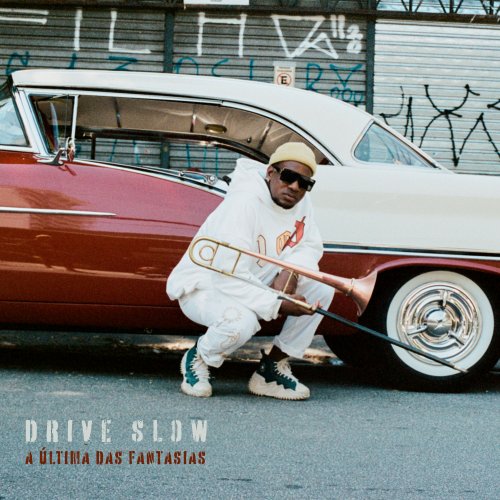

![Kudda & Friends - Proof Of Concept (2026) [Hi-Res] Kudda & Friends - Proof Of Concept (2026) [Hi-Res]](https://www.dibpic.com/uploads/posts/2026-02/1770216260_cover.jpg)
![Piero Piccioni - La Spiaggia - The Beach (Original Motion Picture Soundtrack) (2026) [Hi-Res] Piero Piccioni - La Spiaggia - The Beach (Original Motion Picture Soundtrack) (2026) [Hi-Res]](https://img.israbox.com/img/2026-02/03/uasuoa9tpx4fgqf2agcpx1qg3.jpg)
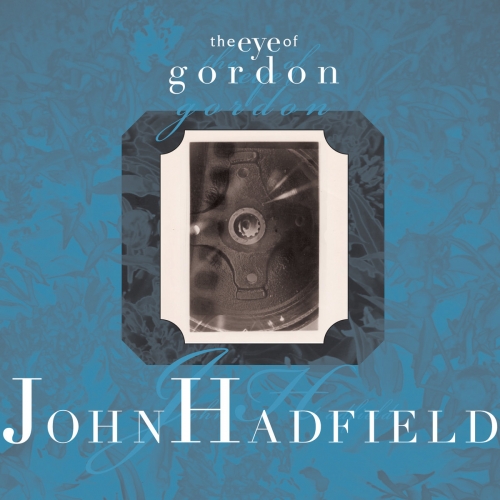
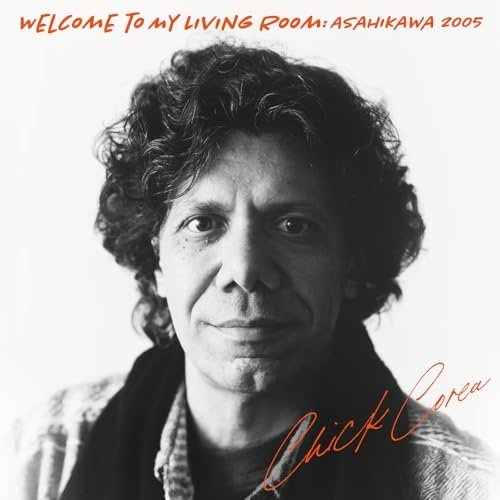
![Chris Forsyth - Chris Forsyth Plays Love Devotion Surrender (2024) [Hi-Res] Chris Forsyth - Chris Forsyth Plays Love Devotion Surrender (2024) [Hi-Res]](https://www.dibpic.com/uploads/posts/2026-02/1770021495_cover.jpg)